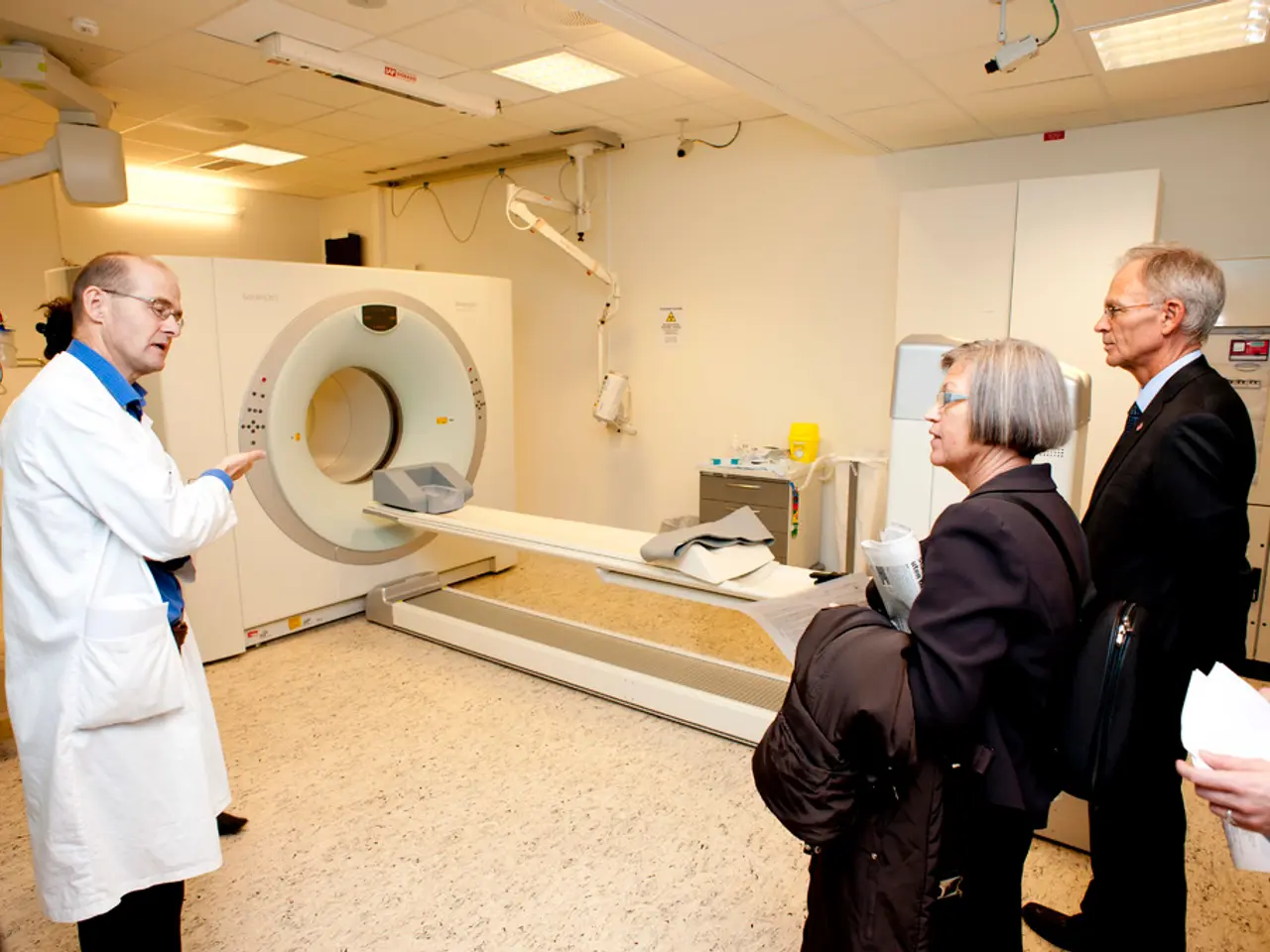The Significance of Collaborations in Ensuring Healthcare Protection and Crisis Management
In today's digital age, healthcare organizations face an increasing number of cyber threats. To combat these challenges, partnering with a specialized cybersecurity provider can offer significant benefits.
Partnering with a cybersecurity partner provides healthcare organizations with specialized expertise in incident response planning, enabling faster threat detection and containment. This collaboration is crucial in protecting sensitive patient data and maintaining healthcare delivery during cyber incidents.
One such partner is CDW, a company that offers continuous defense strategies to adapt to the ever-shifting security landscape. CDW's solutions span across information security networks, cloud environments, and emerging cybersecurity technologies like next- generation endpoint protection and firewalls.
A key advantage of partnering with a cybersecurity provider is access to specialized incident response teams. These teams can detect and contain breaches within minutes, preventing damage progression and reducing the impact on patient care. Additionally, partners offer development and maintenance of detailed incident response plans and playbooks tailored to healthcare’s unique needs, ensuring preparedness, clear roles, and efficient recovery processes.
Cybersecurity partners also provide continuous 24/7 monitoring and rapid response capabilities, often beyond the capacity of internal teams. This constant vigilance enables quick detection of sophisticated attacks like ransomware and Business Email Compromise.
Moreover, partners offer support for compliance with healthcare regulations (e.g., HIPAA) through automated security workflows, encryption, and auditing, mitigating legal and financial risks.
Partnerships also facilitate multi-disciplinary collaboration and intelligence sharing via industry-specific information sharing centers (ISACs), improving understanding of emerging threats and coordinated defense.
In terms of cost efficiency and resource optimization, partnering with a cybersecurity provider allows healthcare staff to focus on patient care rather than cybersecurity management. Partners can augment internal capabilities with external expertise, making the most of resources.
Advanced technologies such as AI/ML are also employed by partners for proactive threat detection, enhancing the ability to predict and prevent attacks before they cause serious harm.
In conclusion, partnering with cybersecurity providers specializing in healthcare incident response equips organizations with the necessary skills, technologies, and processes to minimize disruption, protect patient safety, and sustain trust during cyber crises.
It is crucial for healthcare organizations to have a conversation with their potential partners, hold them accountable, and allow them to build a suitable and attainable security roadmap for their environment. A successful security partnership can help healthcare organizations stay aware of emerging technologies and vulnerabilities, potentially saving time and money, and mitigate the risk of costly cyberthreats such as ransomware.
Partnering with a cybersecurity provider grants healthcare organizations access to specialized incident response teams, ensuring quick detection and containment of breaches. These partners also offer the development and maintenance of detailed incident response plans, tailored to the unique needs of healthcare, promoting preparedness and efficient recovery processes. Moreover, cybersecurity partners provide continuous 24/7 monitoring and rapid response capabilities, often beyond the capacity of internal teams, and employ advanced technologies like AI/ML for proactive threat detection. These benefits translate to improved patient care and resource optimization, as healthcare staff can focus on patient care, while partners augment internal capabilities with external expertise and capabilities.




